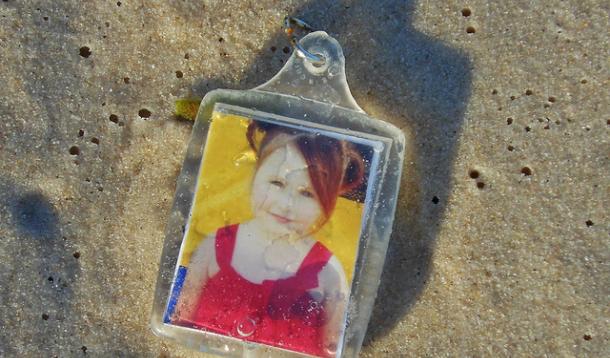
What's your biggest safety concern for your child?
When my husband was around my son's age, he was already going to the corner store unaccompanied, armed with a shopping list for his nan. For sure those were different times. Sending my son through the front door by himself seems so far off, as parents we can't wrap our heads around it.
Even when my five year old is walking by my side—and even though we've drilled it into him 5,000 times—every now and then he will blindly dart into the road. That 'every now and then' is what scares me shitless.
At what age will I be able to trust him to cross the road and not get mowed down? At what age will he be able to pick up a litre of milk at the store at the end of the road and make it home in one piece?
Before you write me off as neurotic (I am!), consider that half of children with autism are prone to wandering. In some cases that tendency can prove fatal, as it did for a 14-year-old boy in New York City. My son is young, but he's also highly impulsive and unpredictable. So I have come to understand that a degree of my paranoia is justified.
As with Alzheimer’s disease, the U.S. Justice Department has recently announced plans to fund tracking devices to help families keep their loved ones with ASD safe.
The electronic bracelets can be attached to "a shoe or belt loop or even sewn into a person’s clothing." If the person goes missing, the caregiver can contact the monitoring company in order to trace him or her.
Needless to say, the government initiative is hugely important to families affected by autism, since such tracking devices can be cost prohibitive.
Below are additional safety tips, courtesy of Pacific Child:
I've also heard of families 'registering' their child with the local police department. And while I don't necessarily like the idea of the entire neighbourhood knowing my personal business, it's worth it if it means they will keep an eye out for my son.
Someday he'll walk through the door carrying that litre of milk. And I'll be waiting...
If you liked this post, you may want to read about this free resource for children with reading difficulties.